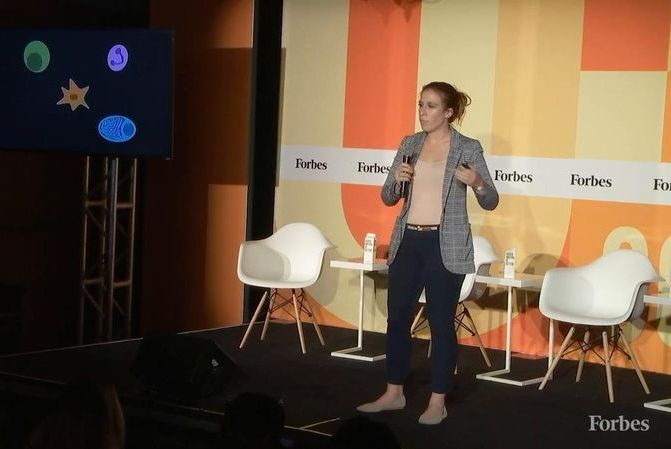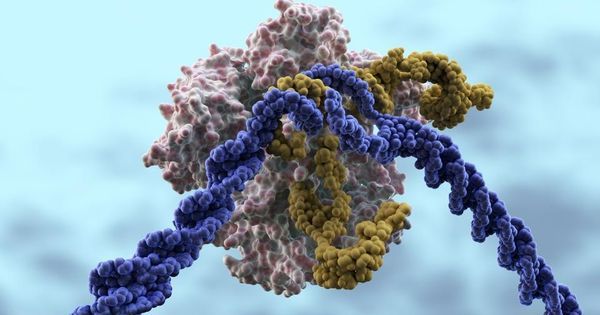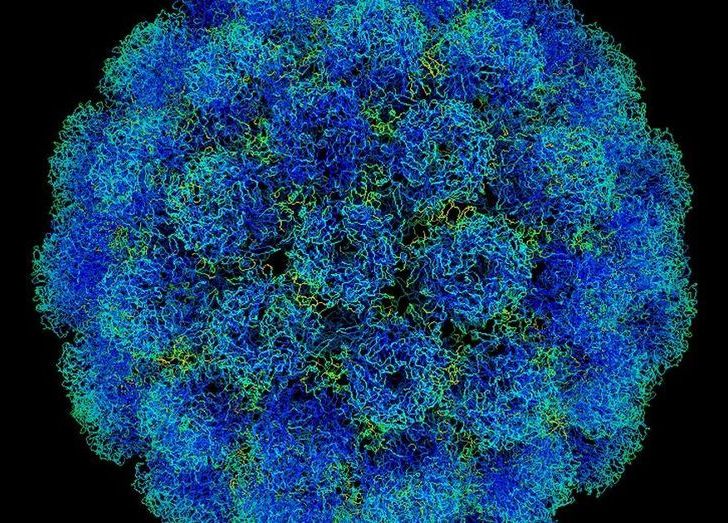The city of the future might produce the humans of it, too.




https://www.nasa.gov/press-release/goddard/2019/sugars-in-meteorites
An international team has found sugars essential to life in meteorites. The new discovery adds to the growing list of biologically important compounds that have been found in meteorites, supporting the hypothesis that chemical reactions in asteroids—the parent bodies of many meteorites—can make some of life’s ingredients. If correct, meteorite bombardment on ancient Earth may have assisted the origin of life with a supply of life’s building blocks.
The team discovered ribose and other bio-essential sugars including arabinose and xylose in two different meteorites that are rich in carbon, NWA 801 (type CR2) and Murchison (type CM2). Ribose is a crucial component of RNA (ribonucleic acid). In much of modern life, RNA serves as a messenger molecule, copying genetic instructions from the DNA molecule (deoxyribonucleic acid) and delivering them to molecular factories within the cell called ribosomes that read the RNA to build specific proteins needed to carry out life processes.


Support the Channel by making a Donation ► https://goo.gl/ciSpg1
William H. Andrews ► https://goo.gl/vsNcbh
William Henry “Bill” Andrews, Ph.D. is an American molecular biologist and gerontologist whose career has centered on searching for a cure for human aging. Andrews is the founder and president of the biotechnology company Sierra Sciences. In 1997, he led the team at Geron Corporation that was the first to successfully identify human telomerase.
Dr. Bill Andrews is the creator of TAM-818, the world’s most powerful anti-aging active ingredient. TAM-818 is only found in One Truth 818 serum. For more information or to purchase visit http://www.tam818.com/
*Learn more about Dr. Bill Andrews and Sierra Sciences: http://www.sierrasci.com/
——–
Facebook: https://www.facebook.com/agingreversed
Twitter: https://twitter.com/Aging_Reversed
Support the Channel: https://goo.gl/ciSpg1
Channel t-shirt: https://teespring.com/aging-reversed

Chun Yuan Chiang of IHDpay Group says artificial intelligence cannot completely replace the “high-touch” nature of medical care. However, technology can be helpful in diagnosis or in situations where patients have long, complicated medical histories, he says. Chiang was speaking on a panel with Jai Verma of Cigna International and Dai Ying of GE Healthcare.


We must use the power of #Capitalism to destroy #Communist #China and their illegal organ harvesting that is killing millions of people and is a human rights violation because of #genocide. Free #HongKong, #Tibet, and #Taiwan.
China has been accused of the “state-run mass murder” of prisoners for their organs. Now the country is also accused of a systematic cover-up.